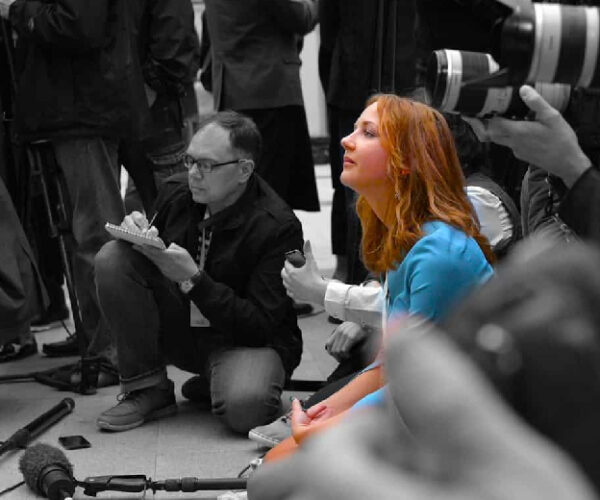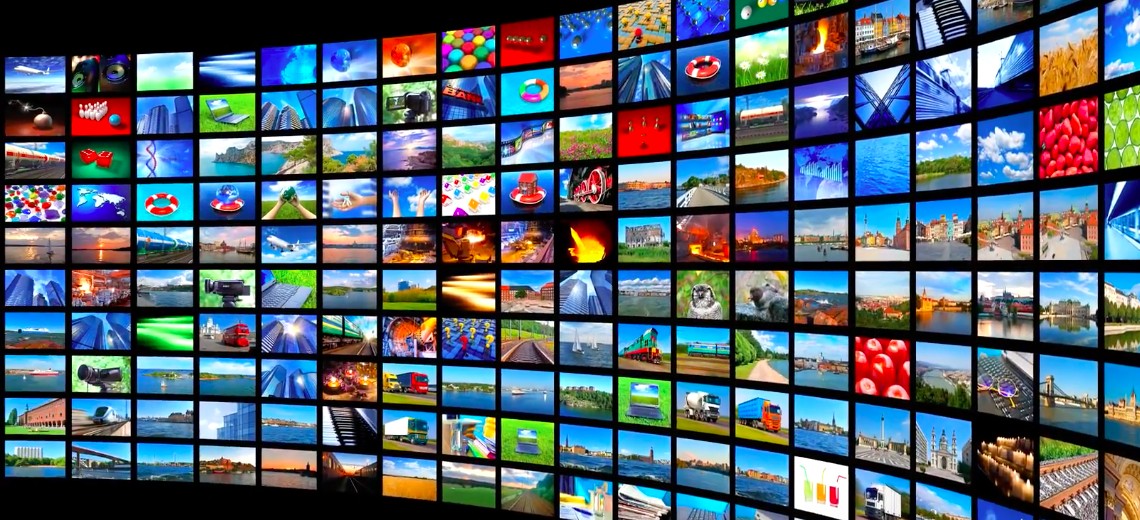The global media ethics movement is the set of standards and principles that aim to develop a comprehensive scope of journalism in an era where technologies are challenging traditional practices. Communication technology has allowed news organizations to access this information with extraordinary speed, but it also allows these same outlets to disseminate their stories across global audiences as well.
The shift from local-only coverage into worldwide markets has led journalists worldwide – specifically those who work within electronic mediums such as radio, television or even social networks like Twitter – to rise up against unethical behaviors committed by other members in order to promote ethical behavior instead amongst themselves and others (Morrison).
In this globalized world, journalists must follow guidelines for each country. Most of the major journalism associations, as well as news organizations, have yet to adopt a universal code of ethics. Some associations of journalists have constructed statement of principles. There is work to do in regards to best practices in covering international events because global ethics do not yet exist despite globalization trends that are forcing us into one big society.
The world’s media has been notoriously unethical, allowing for inequality in technology and the total control of the global media being held by a minority. The idea to change this was met with controversy as many accused it of being designed to inhibit free press. Changes were made but continue today
A global ethics should be developed for journalism because of the following two reasons: first, it is no longer practical to have a narrow ethical perspective in order to address the challenges in our field; second, there are ethical reasons why we need an updated set of rules and regulations on what can or cannot be done by journalists.
The media now exists as part of a truly global community where their reports both locally and globally impact people’s lives – either positively or negatively. The content they produce has far-reaching effects not only within individual countries but also internationally with other nations who may then retaliate against those actions taken abroad.
News organizations must abide by certain guidelines given through various governments which dictate how information will most likely affect mass populations worldwide based
The notion that journalism only serves the needs of a particular society impedes the ideals of objectivity, impartiality, and editorial independence. When advocating for impartiality, you must be fair to all ethnic groups residing in our borders, but not to those located outside of them.
Global ethics then builds on national journalistic codes of ethics – treating those who journalists serve as all citizens around the world instead of just their own countrymen; interpreting the moral principles such as balance or fairness according it different cultures and customs is a must when practicing global journalism ethics
A set of global media ethics are a wide-ranging, multi-faceted set of standards and principles that guide the ethical practice of journalism. The development global media ethics has three overarching conceptual tasks: to develop a conceptual framework for media ethics; reinterpret existing journalistic standards and principles like objectivity, balance or independence across cultures; construct guiding norms as best practices in order to ensure cross cultural consistency when practicing internationally accredited values such as freedom from censorship, protection against violence by intervening powers etc..
Practical tasks for the global media:
• Implementing and supporting broad-reaching, well researched standards. This begins with a perspective that strives to be as objective as possible on an international level. Journalists should strive to promote coverage of news from all regions equally without bias or prejudice based upon nationality, gender identity, ethnicity etc., in order to provide diverse perspectives on world issues and events which are often framed within national boundaries by default due their being presented through one lens only – typically linear (or Westernized) reporting styles such as American journalism’s penchant towards presenting facts plainly with little historical context alongside them; or British journalistic style tends toward “he said,””she said.” It is necessary for journalists globally to understand these biases






